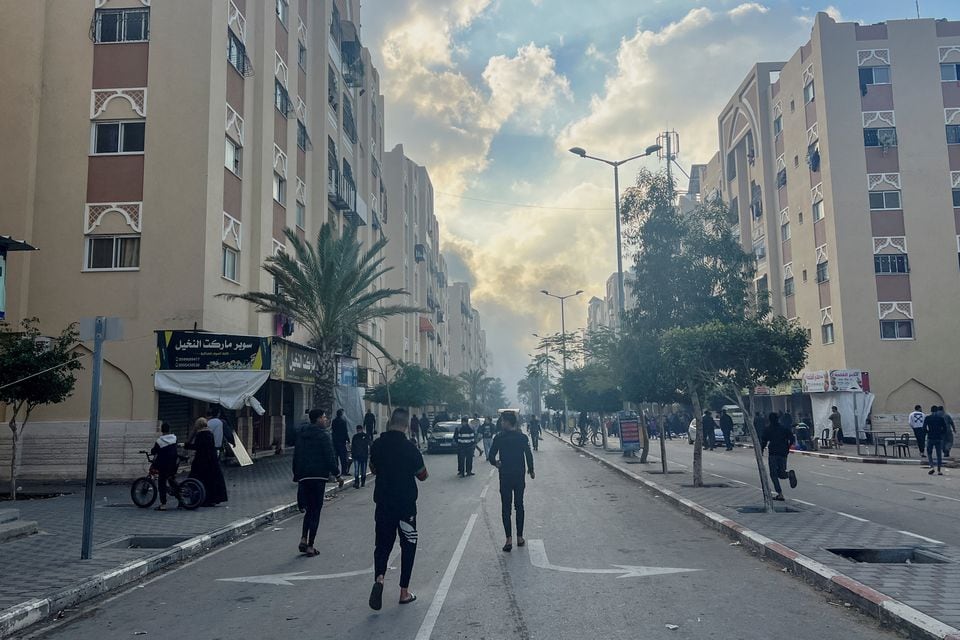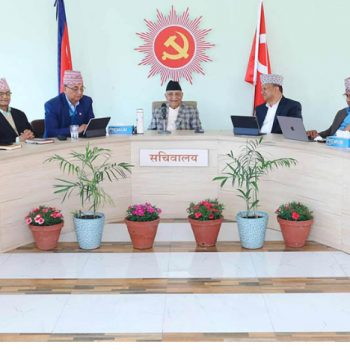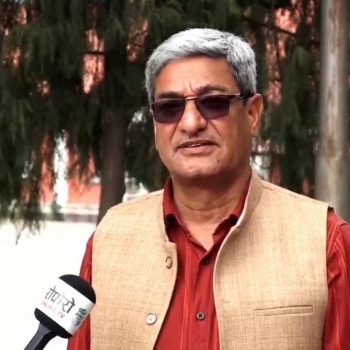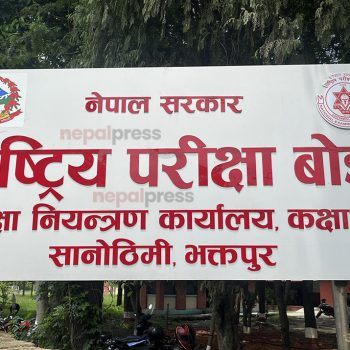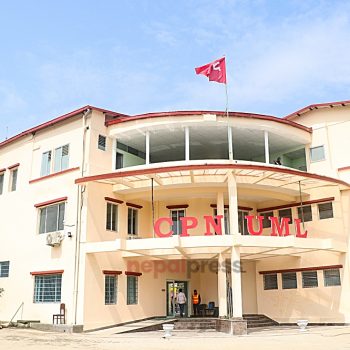Over 30 killed, 100 wounded in Russian rocket strike on Ukrainian station, rail company says
 NepalPress
NepalPress
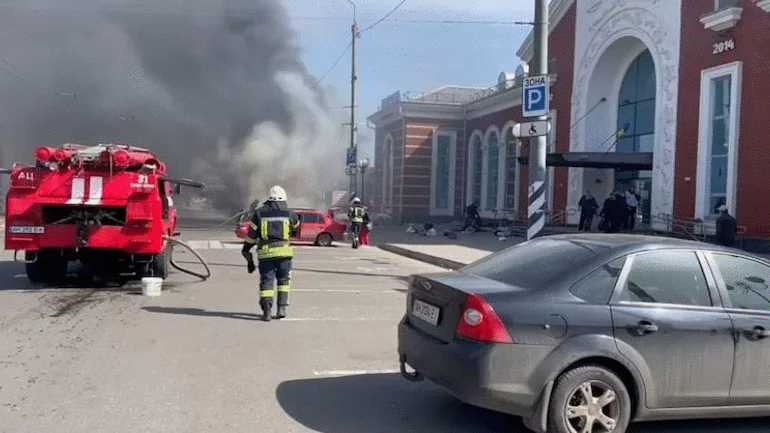
More than 30 people were killed and over 100 were wounded in a Russian rocket strike on a railway station in east Ukraine on Friday as civilians tried to evacuate to safer parts of the country, the state railway company said, Reuters reported.
It said two Russian rockets had struck a station in the city of Kramatorsk which is used for the evacuation of civilians from areas under bombardment by Russian forces.
“Two rockets hit Kramatorsk railway station,” Ukrainian Railways said in a statement.
It later added: “According to operational data, more than 30 people were killed and more than 100 were wounded in the rocket attack on Kramatorsk railway station.”
Reuters could not verify the information. Russia did not immediately comment on the reports of the attack and the casualty toll. Moscow has denied targeting civilians since invading Ukraine on Feb. 24.
Pavlo Kyrylenko, the governor of the Donetsk region, said thousands of people had been at the station at the time the rockets struck.
“The ‘Rashists’ (‘Russian fascists’) knew very well where they were aiming and what they wanted: they wanted to sow panic and fear, they wanted to take as many civilians as possible,” he said.
Kyrylenko published a photograph online showing several bodies on the ground beside piles of suitcases and other luggage. Armed police wearing flak jackets stood beside them.
Another photo showed rescue services tackling what appeared to be a fire, with a pall of grey smoke rising into the air.
Reuters could not immediately verify the photos.
Three trains carrying evacuees were blocked in the same region of Ukraine on Thursday after an air strike on the line, according to the head of Ukrainian Railways.
Ukrainian officials say Russian forces have been regrouping for a new offensive, and that Moscow plans to seize as much territory as it can in the eastern part of Ukraine known as Donbas bordering Russia.
Local authorities in some areas have been urging civilians to leave while it is still possible, and relatively safe, to do so.




